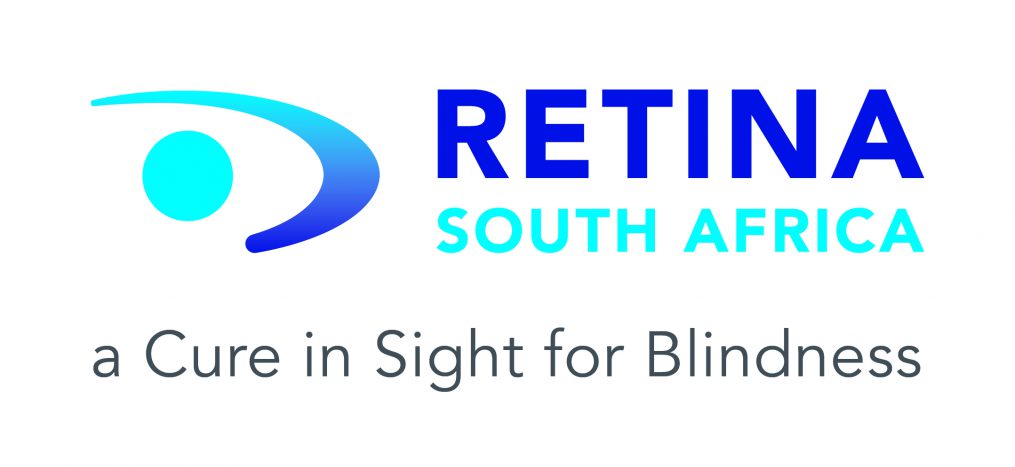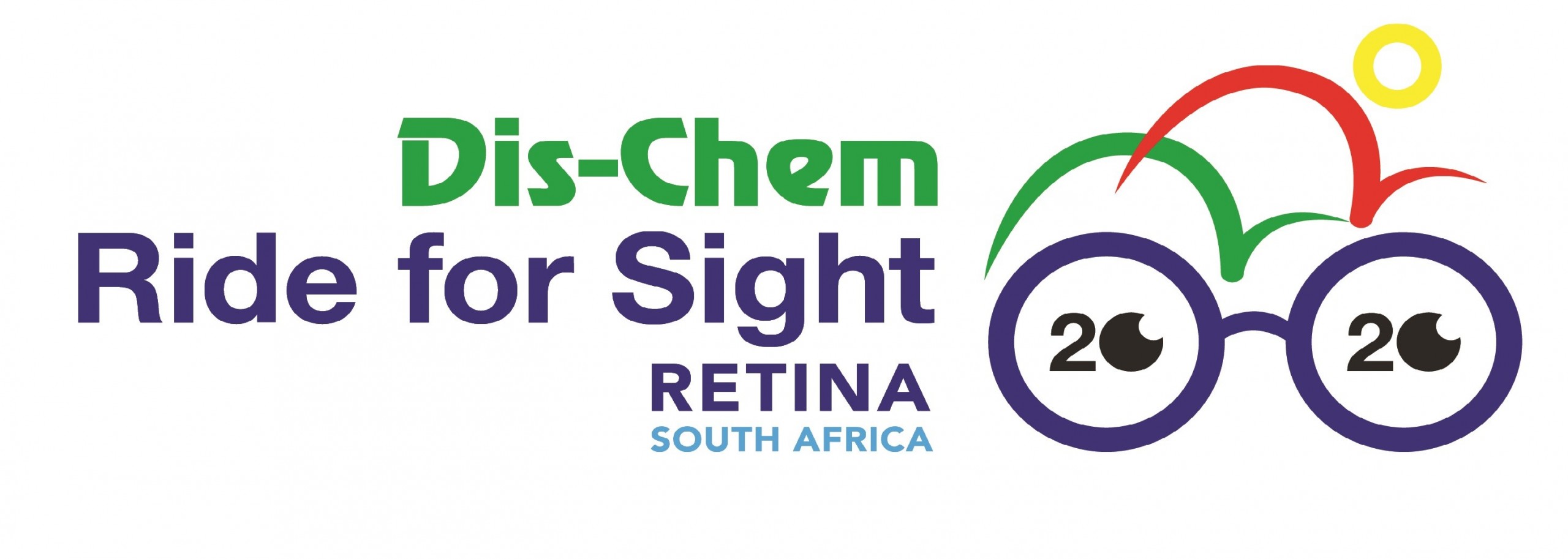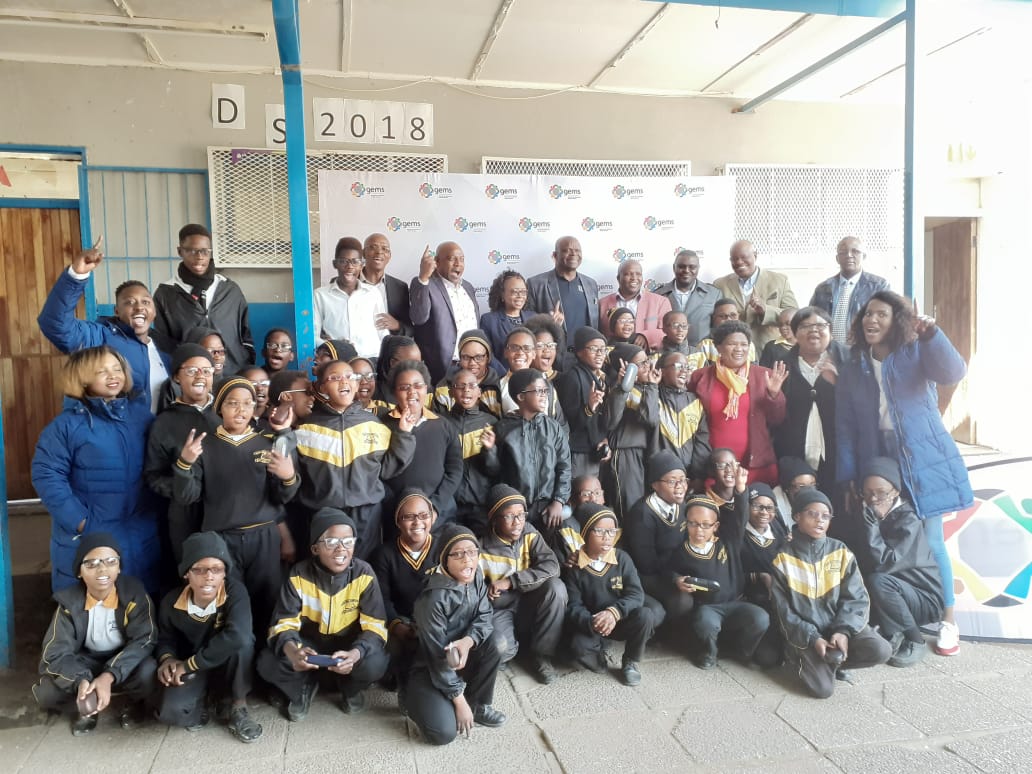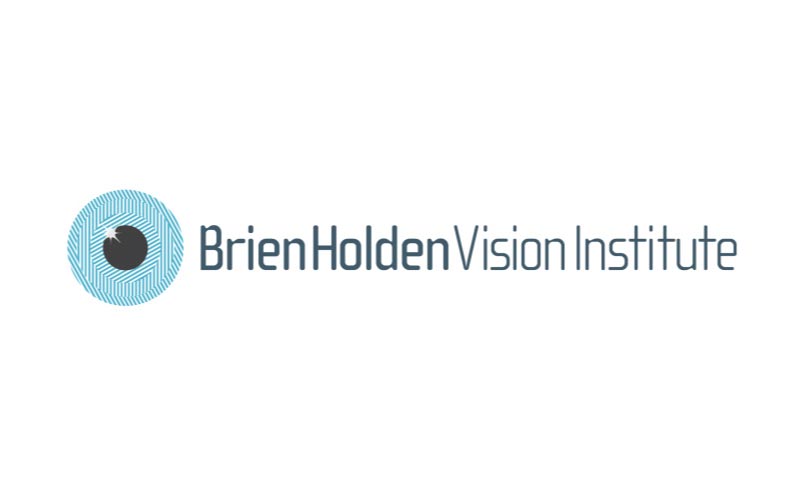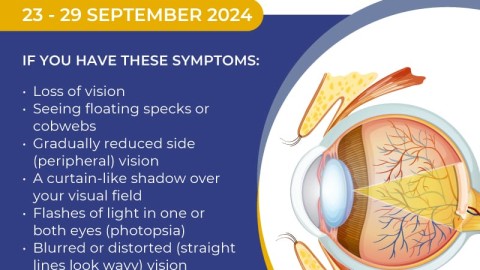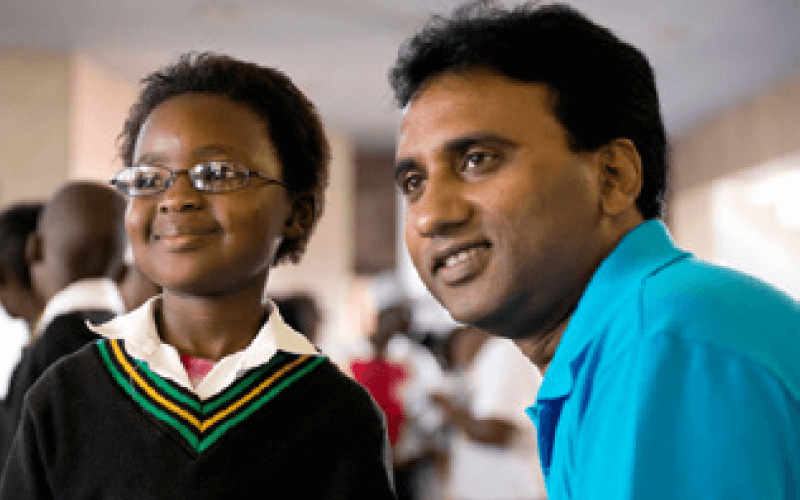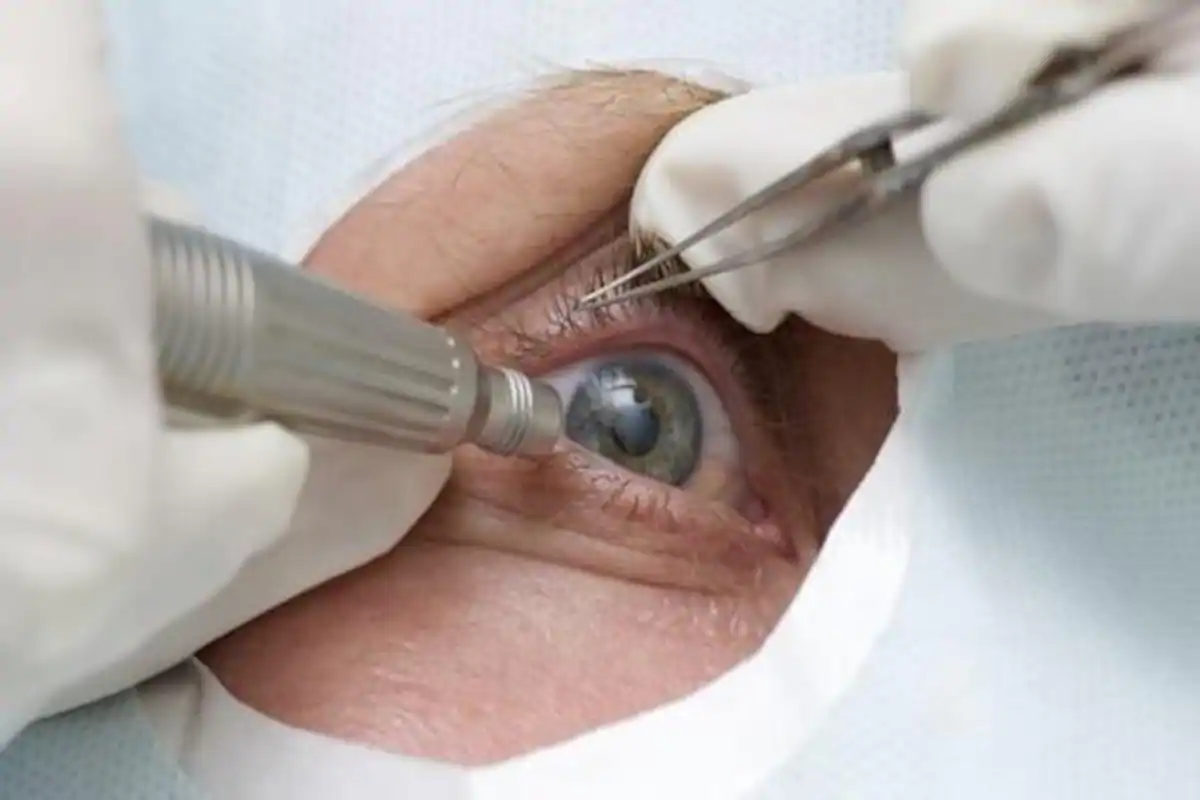COVID-19
The Scientific and Medical Advisory Board to Retina International has issued a statement on the use of Chloroquine. Chloroquine is an approved antimalarial drug that been found to be beneficial in the treatment of autoimmune diseases such as lupus and rheumatoid arthritis. The standard doses of chloroquine used for the treatment of malaria and other systemic diseases have few side effects.
However, toxicity is encountered only when high doses are injected very rapidly into the bloodstream or taken as tablets in regular doses over many years. The most serious complications of chloroquine are retinopathy, cardiomyopathy, neuromyopathy, and myopathy. The two typical adverse effects in the eyes are corneal disease and retinopathy. Chloroquine toxicity is of serious ophthalmologic concern because it is not treatable, also there have been cases of progression of visual loss in patients even years after cessation of treatment by chloroquine or hydroxychloroquine. Therefore it is important to be careful with its use. Especially patients with low weight (less than 50 kg) and renal disease should receive only doses adjusted to their weight.
Although it has been suggested that chloroquine can change the acidity at the surface of the cell, thereby preventing viruses such as COVID-19 from infecting it there is no consensus about whether chloroquine and other antimalarial drugs are safe and effective for treating COVID-19, as it is still very early in the testing process.
The Scientific and Medical Advisory Board of Retina International recommends that those affected by underlying retinal dystrophy do not self-medicate with chloroquine and strongly advise patients to follow the advice of their healthcare provider prior to any use of chloroquine.
COVID- 19 Helpline 0800 029 999 WHATSAPP 0600 123 456 – South Africa only
DIS-CHEM RIDE FOR SIGHT
The Dis-Chem Ride for Sight was held on 16th February and this event was proudly hosted by the City of Ekurhuleni. Over 4500 cyclists took to the streets of Ekurhuleni to cycle to restore 2020 vision. Winners of the 116 km Super Classic were Dusty Day [ Mens] and Kim Le Court De Billot[ ladies]. The winners of the disabled 62km Tandem section were our very own Gavin Kilpatrick and his pilot Mys van der Merwe.
Retina South Africa would like to thank our naming sponsors Dis-Chem Pharmacies, our hosts the City of Ekurhuleni, secondary sponsors, sponsors of prizes and services, our volunteer organizing committee but especially the cyclists who make the event possible. All proceeds from the event go directly towards our RD project at the University of Cape Town to identify the genetic causes of retinal degenerative conditions.
THANKS TO THE OPTOMETRIC TRADE
We would like to thank the Optometric trade for their support by donating sunglasses as prizes:
- SDM Eyewear
- Vision Works
- Spec-Savers
- EyeMag
- Low Vision Care Center
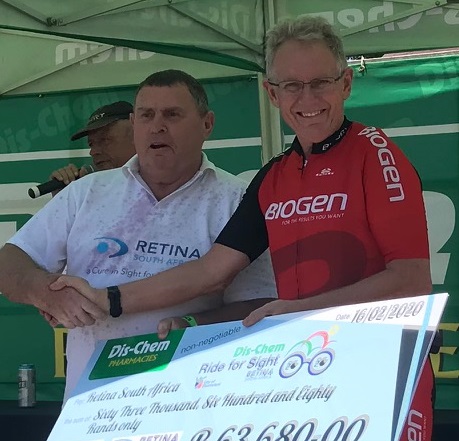
Thanks to Vision Works who also manned the 2nd water table on the day.
Thank you to the cyclists who contributed to the donation draw and Dis-Chem Foundation for matching these donations.
Pictured here is Stan Goetsch, Director, Dis-Chem Pharmacies presenting the cheque to James Cape, Chairmen Retina South Africa
STARGARDT CLINICAL TRIAL UPDATE
Recruitment for this phase 2 trial was extended to mid- February. 30 Patients were selected to participate in the trial. This is the highest number out of the 30 International clinical sites participating. Good luck to those selected.
UNDERSTANDING THE SCIENCE GENE BASED THERAPIES
Gene based therapies are treatments where a gene replacement or modification is used to slow or stop the rate of degeneration. These may be the delivery of a working copy of the gene as in the Luxturna gene therapy for the RPE65 form of Leber Congenital Amaurosis [LCA] or where genetics are used to edit out [remove] the genetic mutation. It may also refer to interventions where a therapeutic or other molecule is delivered to the retina via a gene delivery system. This is being used in Photoswitch research to deliver Channel Rhodopsin, or other molecules, to the neural layers of the retina to make these cells photosensitive and restore vision.
Gene-specific treatments will only work for a single gene mutation. Again the Luxturna treatment is an example of this. There are many genetic forms of LCA but Luxturna can only treat the RPE65 variant.
This shows that in most treatment trials a genetic diagnosis is critical for patients to be considered for inclusion or to have access to upcoming therapies. Contact the head office for more details.
RESEARCH NEWS
RNA THERAPY
ProQR Therapeutics has announced three-month, interim Phase 1/2 clinical trial results for QR-421a, an emerging treatment for people with Usher syndrome type 2A and non-syndromic retinitis pigmentosa (RP) caused by mutations in exon 13 of the USH2A gene. The company reported that the treatment was well tolerated and caused no serious adverse events. Also, 25% of patients receiving the treatment, demonstrated improved vision.
QR-421a is an antisense oligonucleotide (AON) — a small piece of genetic material — designed to mask exon 13 mutations in the RNA of USH2A. RNA are genetic messages that cells read to make proteins essential to the health and function of the cell. QR-421a enables retinal cells to skip over any mutation inside a region of the RNA called exon 13 when reading the USH2A RNA, enabling the cells to make a functional protein that will hopefully halt or slow the disease process and vision loss. The treatment is administered through intravitreal injections.
GENE THERAPY
Horama has obtained exclusive licensing rights to the CRB1 gene therapy program at Leiden University Medical Center in the Netherlands.
Horama expects to launch a Phase 1/2 clinical trial for the CRB1 gene therapy in 2023. Mutations in CRB1 cause Leber Congenital Amaurosis (LCA), a retinal disease causing severe vision loss in children, and RP which also causes significant retinal degeneration.
Brian Mansfield, PhD, executive vice president of research and interim chief scientific officer, Foundation Fighting Blindness USA said “ We are very pleased to see that the development of gene therapy for the treatment of diseases caused by mutations in the CRB1 gene has attracted commercial backing to advance it toward a clinical trial. LCA caused by CRB1 mutations is a challenging, unmet need.”
First gene therapy trial for X-linked RP
Oxford University recently reported the early results from a multi-center trial to study gene therapy in the RPGR gene in X linked RP. The first-in-human phase 1/2, dose-escalation clinical trial included 18 patients with over up to 6 months of follow-up (https://clinicaltrials.gov/: NCT03116113). The primary outcome of the study was safety, and secondary outcomes included visual acuity, microperimetry, and central retinal thickness. Apart from some subretinal inflammation in patients at the higher doses, there were no notable safety concerns after the subretinal delivery of the RPGR gene via an adeno-associated viral vector. Visual field improvements, beginning at 1 month and maintained to the last point of follow-up, were observed in six patients.
MACULAR DEGENERATION
Anti-VEGF injections during the lockdown in South Africa
If you are receiving anti-VEGF injections to treat Wet AMD please contact your Ophthalmologist to ensure that you do not miss a treatment. Most eye practitioners will be available to ensure your treatment schedule is not interrupted. If you need assistance call our Lock Down Emergency number 0833065262.
Stem Cell Trial for Wet AMD
Two patients with advanced wet age-related macular degeneration (AMD) in Phase I clinical trial demonstrated improved visual acuity sustained for one year after a sheet of retinal pigment epithelial (RPE) cells derived from embryonic stem cells was transplanted under their retinas. Each patient had one eye treated. Vision improvement for one patient was 29 letters on an eye chart. The other had a gain of 21 letters. Known as the London Project, the human study is taking place at Moorfields Eye Hospital in the UK.
Retinal Patch for Dry AMD
Regenerative Patch Technologies has reported encouraging results for the first five patients with advanced, dry AMD participating in a Phase 1/2a clinical trial for its therapy – a patch comprised of a layer of retinal pigment epithelial (RPE) cells on a synthetic scaffold. One patient in the trial had visual acuity improvement of 17 letters in her treated eye. Three patients had vision maintained in their treated eyes. Two had improved fixation. No adverse safety issues were observed.
GENE EDITING
First Patient Receives CRISPR Therapy in Clinical Trial for LCA 10
Researchers at Casey Eye Institute, Oregon Health & Science University, USA, have dosed the first patient with an experimental CRISPR/Cas9 therapy in the BRILLIANCE Phase 1/2 clinical trial for people with LCA 10. This trial targets a specific mutation (c.2991+1655A>G in Intron 26) of the gene CEP290. The trial is sponsored by Allergan and Editas. It will assess the safety and efficacy of their emerging gene-editing therapy in 18 patients at four sites in the US. Known as EDIT-101, the CRISPR/Cas9 gene-editing technology is designed to find and remove the mutation in LCA10. The treatment works like a pair of molecular scissors to cut out the mutation. The treatment is delivered to photoreceptors by a subretinal injection.
The Foundation Fighting Blindness in the USA currently funds the following CRISPR/Cas9 lab research projects:
•University of Wisconsin-Madison (LCA caused by a mutation in KCNJ13)
•Mass Eye and Ear (RP caused by a mutation in RP1)
•Mass Eye and Ear (Retinal disease caused by a mutation in USH2A)
•UCLA (Usher syndrome 1B caused by a mutation in MYO7A)
UCT in international ABCA4 collaboration
For a complete genetic diagnosis in a recessively inherited condition like Stargardt Disease [STGD], at least two gene mutations should be identified. Only a single mutation in the ABCA4 gene is often found in STGD patients.
56 International Institution, including the Division of Human Genetics at the University of Cape Town, recently collaborated in finding these missing mutations. By examining the “Deep Intronic” parts of the gene – the non- coding areas where active genes are rarely found, many of these missing mutations have been identified. In South Africa, Professor Raj Ramesar and his team have now identified this second mutation in 70 STGD patients. These results plus the results of tests done on the UCT Diagnostic panel late last year will be delivered shortly.
Vision Variability in STGD patients
A multi-center study in the Netherlands under the leadership of Professor Frans Cremers showed that in 29 % of the families studied there was marked variation in the age of onset and visual acuity between siblings with the identical gene mutation in the ABCA4 gene. Fundus Auto Fluorescence and OCT tests were however very similar. This once again serves to highlight the complexity of STGD with ABCA4 gene mutations.
DIET AND AMD
A meta-study [an examination of all related published papers] on the effects of various foods on AMD was conducted by the University of Florence, Italy. They examined the results of 26 studies involving 211 676 patients. They found no significant association between vegetables, fruits, nuts, grains, and dairy products, as well as dietary fats such as oils, butter and margarine.
Fish, however, showed a significant reduction of risk [18%] while high meat consumption was associated with a significantly increased risk of early but not late AMD. Finally, a significantly increased risk of AMD [20%] for the highest consumption of alcohol was reported.
Another study conducted at Harvard Medical School, USA, found that increased consumption of trans fat is associated with AMD, while a higher intake of Poly Unsaturated Fatty Acids and Mono Unsaturated fatty Acids may be beneficial.
RETINA INTERNATIONAL WORLD CONGRESS
The Retina International World Congress that was scheduled to take place in Iceland in June 2020 has been postponed to June 2022. A virtual Congress over a few weekends will be held from August through to September. These will include the Youth Congress, the Continuing Education presentations and the General Assembly. We hope that many of our members will participate via their computers, laptops, iPads or smartphones. For more information, WhatsApp call or text 0833065262.
ASSISTANCE
For low vision students and people working from home, you can have a free 90-day license for Zoomtext and Fusion. Contact Anthony Dodds at Sensory Solutions anthony@sensorysolutions.co.za or call 0126647704.
Also, a 3-month free student license for Supernova is available from Edit Micro. You will need, parents name, email, school details, student age or school year. Then contact kyle@editmicro.co.za. Thank you to both of these service providers for their assistance during the lockdown.
BEMYEYES
This free app can be downloaded from the iStore or Google play. Over 200 000 low vision or blind users globally can connect with one of the 3m volunteers who will be your eyes through your phone camera. Specialised help is also available from Clearblue, Microsoft or Google.
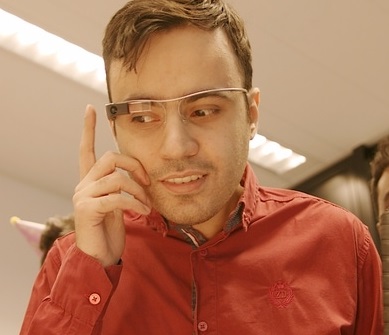 NEW ENVISION GLASSES
NEW ENVISION GLASSES
All the powers and functions of the Envision app are now available on a pair of smartglasses, providing a completely hands-free way to access information around you. You can read all about it and pre-order it for an introductory 20% discount at www.letsenvision.com/glasses
At around R25 000 this device is not cheap but the functionality and versatility makes it an excellent, discreet device for the busy professional.
MORE INFORMATION
For more information on research or all forms of retinal degeneration see our website www.retinasa.org.za or the excellent toolkits on the Retina International Website www.retina-international.org. We are available for free telephonic counselling during the lockdown, please contact us on 0833065262 for any advice or information.
To listen to the RI podcast featuring Karen Denton and Claudette Medefindt go to http://www.retina-international.org/news
FUNDRAISING
Our 2020 Circle of Light Competition needs your support. For just R250 per year you may win R500 in the monthly draw. Please send us a copy of the eft and your details.
MY SCHOOL/ MY PLANET: Please nominate Retina South Africa as your beneficiary and, at no cost to you, every time you swipe your card Retina South Africa receives a donation. See their website or enroll at any Woolworths store
Retina South Africa would like to thank all our supporters and sponsors and to wish them, and all our members, strength and safety during this difficult time.
THANK YOU BAUSCH AND LOMB FOR YOUR CONTINUED SUPPORT OF OUR WORK.
The production and distribution of this newsletter is sponsored by Bausch and Lomb via an unconditional educational grant to Retina South Africa. The views and comments expressed in the newsletter do not necessarily reflect the views of Bausch and Lomb.
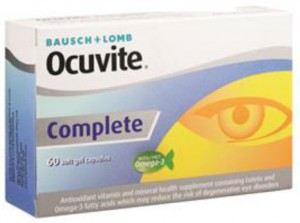
Ophthalmologists’ No.1 prescribed eye health supplement 1
Reference: 1. Impact Rx. Scripted data – December 2017. Proprietary name and dosage from: Ocuvite Complete soft gel capsules. Composition: Each soft gel capsule contains fish oil rich in DHA 507,7 mg: of which DHA 180 mg and total omega-3 300 mg, lutein 5 mg, zeaxanthin 1 mg, vitamin C 90mg, vitamin E 15 mg, zinc 7,5 mg. Bausch & Lomb Incorporated. ®/™ denote trademarks of Bausch & Lomb Incorporated. Applicant: Soflens (Pty) Ltd. Reg. No.: 1968/011787/07. 254 Hall Street, Centurion. Tel: +27 10 900 1356. www.bausch.co.za
RETINA SOUTH AFRICA DISCLAIMER
Information disseminated by Retina South Africa is for information purposes only. Readers must discuss any intervention with their Eye Care practitioner. Information in this ENews does not imply that Retina South Africa endorses any particular therapy, intervention or medication. Retina South Africa assumes no responsibility for the use made of any information provided in this newsletter.

